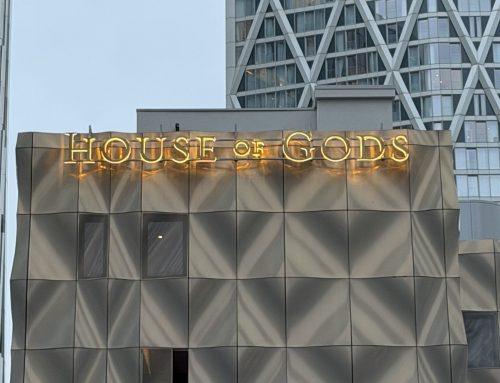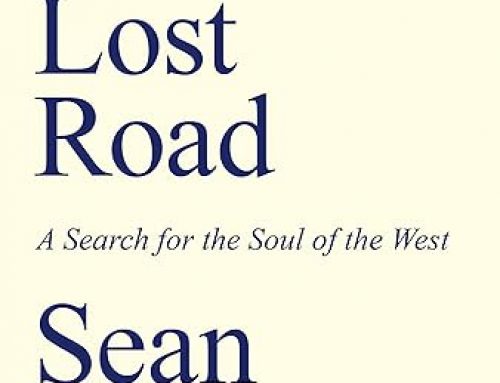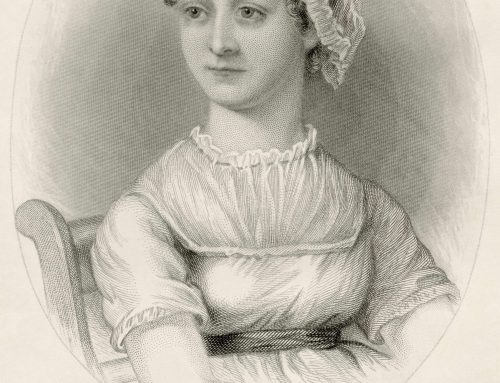Lived Mission in 21st Century Britain – Ecumenical and Postcolonial Perspectives
Edited by Benjamin Aldous, Harvey Kwiyani, Peniel Rajkumar & Victoria Turner

Book Review – The Rev’d Dr. Adrian Hough

Adrian Hough was born at the end of the 1950s and lives in the Parish of Pinhoe with Poltimore on the edge of Exeter where he ‘generally helps as needed’. Adrian has degrees from Oxford University in both Chemistry and Theology and is an Associate of the Royal Photographic Society. His origins lie in Wolverhampton where he experienced wide-ranging immigration and racism, and before ordination he carried out research in pollution of the global atmosphere. Since 1992 he has served as a parish priest in Rural England and the Shetland Islands, as a Bishop’s Chaplain and as Diocesan Mission and Pastoral Secretary, the final two roles being within the Diocese of Exeter. He is the author of two theological books and several papers as well as his earlier publications in science.
This is a good book; indeed, this is a very good book and an important book. If more people were to read it than ever will and if they were to then act upon what they had read, British Society would be improved and our churches would be more vibrant and effective at sharing the Good News that God has for everyone.
As the existence of editors implies, this is actually a book of essays, fifteen in all, together with an introduction and a concluding discussion. The authors come from a wide range of backgrounds and denominations (although there are rather more men than women) and they were all asked to address the subject of Mission as a lived experience. In case the reader was unaware of the distinction, the editors also make it clear that Mission is not the same as Evangelism nor is it explicitly about evangelism.
Space does not permit to me write at any length on every essay so I will focus on those which particularly stood out for and connected with me as well as giving a brief mention to the small number which I feel were a missed opportunity.
Graham Adams has written an excellent contribution on ‘Mission in the Colonial Matrix of Adult Power’ and the need for a greater Child-centredness. In considering the place of children within the church, especially in worship, he poses questions about where power resides and asks who the church belongs to, who makes the decisions and why. These are important issues in themselves but the way in which White British Churches deal with children in the present day is very similar to the way in which we related to British Colonies in the past and how we still often treat migrant members of our churches in the present day. He concludes by re-writing the Five Marks of Mission in a way which is both more grounded and less imperialist than the language that is used in the official formulation.
Shemil Matthew has provided a critique of the enduring pain of colonialism and the consequences of erasing it from (taught) history. The fact that Britian no longer has an empire does not mean that the negative effects have gone away and the colonial mindset still influences attitudes today, as demonstrated by Brexit. This affirms my belief that the History curriculum in schools is highly selective, and it is consistent with the observation that history is written by the victor (or dominant power). However, as a twist in the tail, after noting that UK Multi-Ethnic and Global Majority Heritage Churches rightly bemoan colonial repression, he then asks them what good they themselves are now doing with their freedom?
Harvey Kwiyani writes with passion about the important role that African Churches need to play in Mission within Britain today. He notes that the majority of white Christians in England still think of mission as something that happens overseas whereas (quoting Leslie Newbigin, writing in 1974) the reality is that Britian has become a secular society with an ignorance of and contempt for the church. This state of affairs is therefore at least fifty years old. As a result mission is needed here and now and the percentage of Christians who are Black Africans means that they bear responsibility for this mission. However, such Christians also fail to understand mission (equating it with evangelism) and have not amended their approach so that it can be effective in the UK.
This theme is continued by Bisi Adenekan who writes about Second Generation Nigerian-British and Contextual Mission in Britain Today. She writes of the frustration that Second Generation Nigerian-British young people feel both with the methodology and lack of openness to change which they experience in British Nigerian Churches and the way in which they are then received if they turn to other denominations. In the former they are taught that women and young people should not have a voice and experience forms of mission which are more about leaflets rather than living a relational model. It is ironic that many British churches also only reluctantly give a voice to younger people (some also treating all women in the same way) and show a resistance to any form of change.
Lisa Adjei and Shermara Fletcher pick up a similar theme towards the end of the collection when they are looking at consequences from a Third Generation British West Indian perspective. Thay ask what it means to be a Black Christian in the UK? They conclude that Global Majority Theologians need to operate in the ‘Central Spaces’ and not occupy themselves only with Race, Liberation and Black Theology. They note that Mission has always relied on migration as well as the fact (with which I have long sympathised) that liberal opinions can be just as bad as illiberal views, as both fail to engage because they assume that they are always right. They argue that to be multi-cultural is a superpower for good.
In a totally different context Heather Major writes of her experience in two highly rural parishes in the Scottish Borders. Here the model of the church which has been around beyond living memory is now broken. There are no resources available for mission as all the energy is absorbed by maintenance of buildings. The aging congregations are unable to look forward and can only look back. In the process they assume that words and actions such as mission are the preserve of the clergy. There is a culture of blaming a particular minister and/or central church structures and a fear of change, with a narrative that enshrines the negative. She concludes that the method used in mission has to be contextual and local and that imposed methods from the outside will fail as they don’t match up with needs or the required methodology. Her experience matches my own during my visits to many (but by no means all) rural parishes in Devon.
These four essays, in their own ways, make a point which becomes explicit in the final discussion. This is that for mission to be effective it has to embody Change and Tradition walking together hand-in-hand, something which I have long advocated but which often is so sadly lacking throughout the church in all sorts of ways.
As with almost any collection of essays there will always be those which fail to resonate or where an opportunity has been lost. In this collection there are just three that I want to mention in the hope that by noting their shortcomings I might help others to avoid the same pitfalls. One essay is neither grounded nor overtly about mission, whilst another tells us a great deal about the author’s personal achievements and is full of acronyms both of which serve to obscure the otherwise excellent points that are made. In a third essay the author declines to use the word ‘Mission’ and spends so much space explaining problems and challenges with the task in hand that there is then no space left to present the methods which are promised earlier in the essay. The same author also draws numerical conclusions from limited and inadequate data. Nevertheless, these three examples should not be allowed to detract from what is otherwise an excellent publication.
I am a white male with an excellent education, I am not in debt, I have a regular income and I am a minister in the Established Church. I am therefore privileged and I have a vested interest in maintaining the status quo. However, the more lived experience there was contained with a given essay the more powerfully it communicated its message to me. There was a vibrancy and openness in the words from the members of the black churches that was often missing in the more academic essays, albeit that these are not exclusive categories. The academic essays are aspirational and they point to actions which are sorely needed, however, as is so often the case, they could easily become just yet more words that never have any effect, albeit that this would in no way be the fault of the author.
As far as the collection as a whole is concerned I have only one negative observation, namely that the title of the book is misleading. Instead of ‘21st Century Britain’ it should perhaps read ‘21st Century Urban England’. The editors acknowledge that there are no contributions from Wales or Northern Ireland and there is just one essay based on Scottish experience. However, almost everything in the book which is grounded finds its locus in Urban England. The only explicitly rural content occurs in the Scottish Essay and that is in The Borders, albeit that the essay itself is excellent and could just as easily have been written about deeply rural parishes in England. Nevertheless, most of Scotland, including the Central Belt and both the Westen and Northern Isles, is absent. I don’t have a problem with a book about Mission in Urban England so why not call it just that rather than unfortunately demonstrating what appears to be a form of English, Urban Imperialism. I very much hope that the reviewer on the back cover who states that she will refer to this book when people ask her what the church in Britain looks like is aware that she will be misleading them. Nevertheless, this criticism is not intended to detract from the importance and significance of a book which needs to be read by as many people who are involved in the life of the church as possible, irrespective of where they live.
As an Anglican writing for the website Anglicanism.org my final comments offer a wider observation on the Church of England and the Anglican Communion. At the present time the Church of England is spending a great deal of time and energy discussing and arguing about issues concerning gender and same-sex relationships. These are important subjects, but the wider Anglican Communion watches on with a significant degree of disagreement whilst deep concern is voiced by African Provinces which are undoubtedly suspicious of where a continued colonial approach might lead. I am not suggesting that it would solve any disagreements, but if we in the Church of England were able to learn from this book and spend more time considering and acknowledging the wide-ranging effects of colonialism (rather than just obsessing about the rights and wrongs of reparations for the Slave Trade) those churches which originated as a result of colonialism might just be prepared to engage in debate about controversial issues with a greater degree of openness.
Adrian Hough
January 2025





